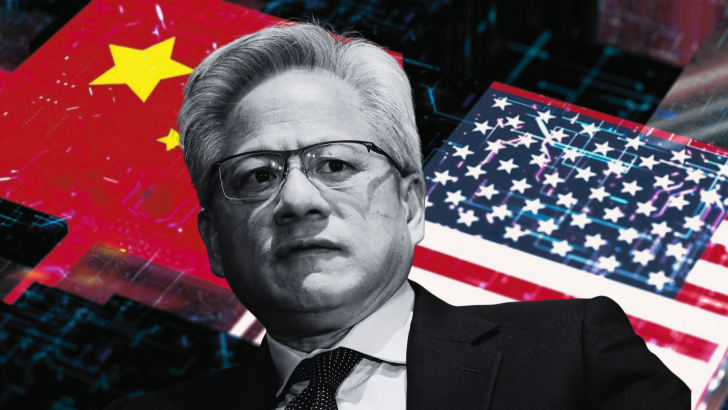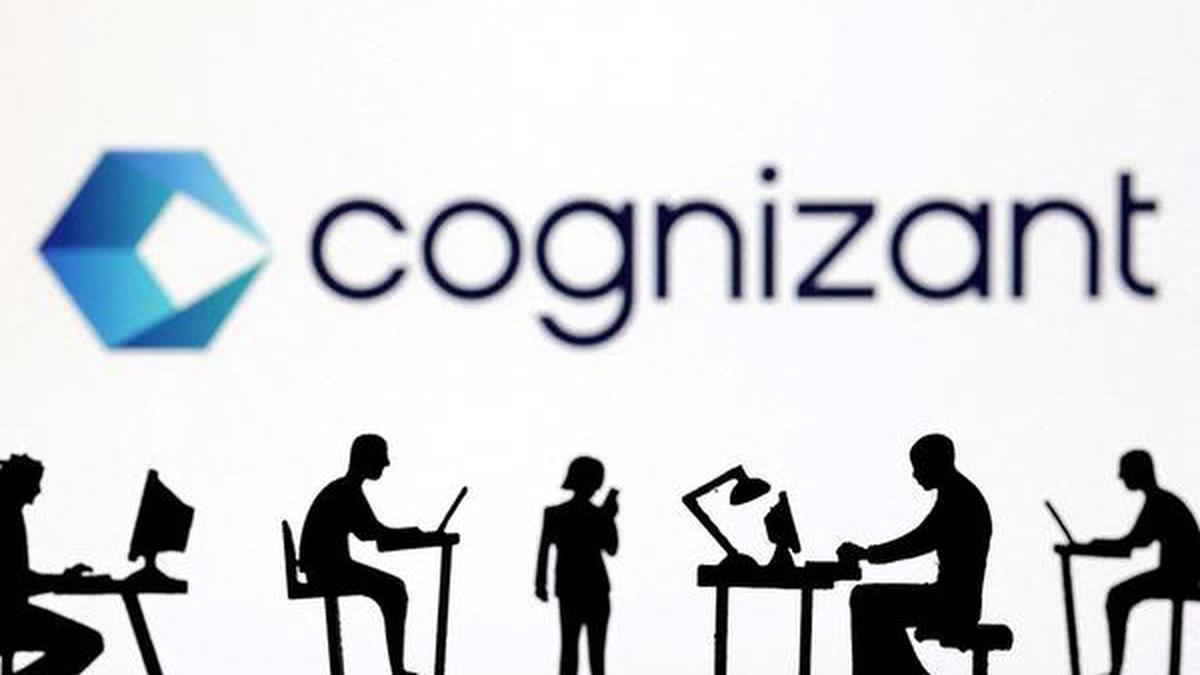Copyright Wccftech

The rising competition from China has apparently bothered NVIDIA's CEO, Jensen Huang, who views Huawei as a 'formidable' rival with impressive achievements. Huawei's Achievements Within the AI Segment Show that China's Domestic Capabilities Are Advancing Rapidly When it comes to domestic offerings available to Beijing, Huawei is one of the most competitive options out there, since the firm has managed to 'revolutionize' the local AI computing efforts. Ever since China became involved in the AI race, Huawei has been developing suitable hardware solutions that serve as a viable alternative to NVIDIA's offerings. And, with the company's recent announcements around AI, it appears that Jensen takes the Chinese firm a lot more 'seriously'. Speaking with the media at the APAC 2025 Q&A session, here's what NVIDIA's CEO had to say: Question: Chinese companies like Huawei are aggressively pursuing NVIDIA. What is NVIDIA's assessment of this? Jensen Huang: NVIDIA is the world's leading AI infrastructure technology company. It's miles ahead of its competitors. However, it would be foolish to underestimate competitors like Huawei. Huawei has mastered 5G communications technology and can make excellent smartphones. They already have the technology, so Huawei's Cloud Matrix announcement isn't surprising. That's why we take this competition very seriously. With China rapidly catching up, NVIDIA is moving even faster. Huawei has recently announced an extensive AI chip roadmap that spans up to 2027, featuring products with self-built HBM and significant performance improvements. Additionally, the firm plans to make its rack-scale offerings significantly more competitive with its next-generation Atlas SuperPoDs, which are claimed to deliver NVIDIA's Rubin-level performance, courtesy of mounting 8,192 Ascend 950 AI chips in a single cluster. The firm has managed to take computing capabilities to new levels by essentially creating a 'stacked-up' rack architecture, which is why it promises massive compute figures. NVIDIA's CEO is aware that Huawei is gaining ground in the AI race, and since Team Green has been excluded from the Chinese market for months, the firm cannot compete with domestic alternatives. NVIDIA has been struggling to introduce Blackwell AI chips in China, while Huawei is moving at a pace where the company plans to compete with the Rubin architecture. This shows that, for Jensen, getting an entry into China isn't the only problem, but competing with Huawei is another. For now, we are completely 'blank' on how NVIDIA-China relations could move in the future, but one thing is clear. As time passes, Huawei's computing advancements will not stop, and eventually, a time will come when NVIDIA's AI solutions won't be the first choice for domestic CSPs and AI giants.



